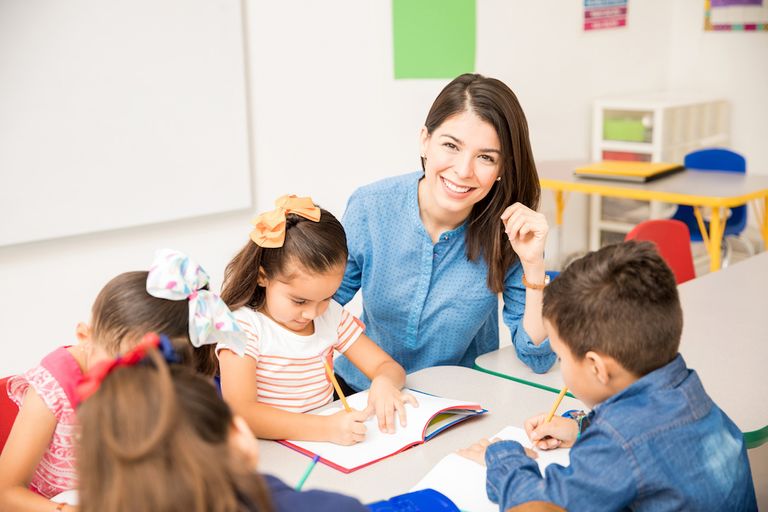
The basis of a child's lifetime learning process is laid by early childhood education. But if they are not addressed, some educational practices can unintentionally impede a child's development. With the purpose of identifying and addressing prevalent poor teaching methods in early childhood education, this comprehensive guide offers educators insights into the causes, effects, and solutions of these practices, enabling them to adopt more productive strategies.
Recognizing Poor Teaching Practices in Early Education
1 . Negative Teaching Practices' Impact:
Bad teaching practices can obstruct a child's ability to learn, interfere with their social-emotional growth, and build obstacles in the way of a supportive learning environment.
They might exacerbate disengagement, stunt academic progress, and give young students a bad impression of education.
2 . The Fundamental Reasons Behind Poor Teaching Practices:
Unhealthy teaching habits can arise from a variety of factors, including inadequate training, burnout, schedule conflicts, and poor classroom management techniques. These behaviors can also be sustained in educators by outmoded practices, mismatched expectations, and insufficient support networks.
3 . Acknowledging the Effect on Children Adopting poor teaching practices can have a negative impact on children's motivation, sense of self, and excitement for learning, which may have an effect on their long-term academic results. In early childhood, they may impede the development of critical thinking, creativity, and a love of learning.
Common Mistakes Made by Teachers in Early Childhood Teaching
1 . Workbook Frequent use and Rote Training:
an over-reliance on workbooks and rote memory, which reduces the amount of time students have for experiential, creative, and hands-on learning. Putting more emphasis on output quantity than quality, which impedes critical thinking and deeper comprehension.
2 . Neglecting Social and Emotional Growth
Ignoring the growth of social-emotional abilities and concentrating only on academic success, undervaluing collaboration, empathy, and emotional control. Ignoring chances to resolve conflicts, build supportive educational environments, and cultivate strong connections.
3 . Neglecting Play-Based Education:
Denying the importance of learning through play as a vital instrument for kids' social, problem-solving, and exploring skills. Limiting playtime or downplaying its importance in promoting imagination, creativity, and overall development.
4 . Insufficient Engagement and Communication:
Ineffective communication with kids can result in misconceptions, disinterest, and fewer chances for deep connections.
Children's feeling of agency and ability to contribute to the learning process is hampered when adults do not actively listen to their viewpoints, interests, and concerns.
Upvoted. Thank You for sending some of your rewards to @null. Get more BLURT:
@ mariuszkarowski/how-to-get-automatic-upvote-from-my-accounts@ blurtbooster/blurt-booster-introduction-rules-and-guidelines-1699999662965@ nalexadre/blurt-nexus-creating-an-affiliate-account-1700008765859@ kryptodenno - win BLURT POWER delegationNote: This bot will not vote on AI-generated content